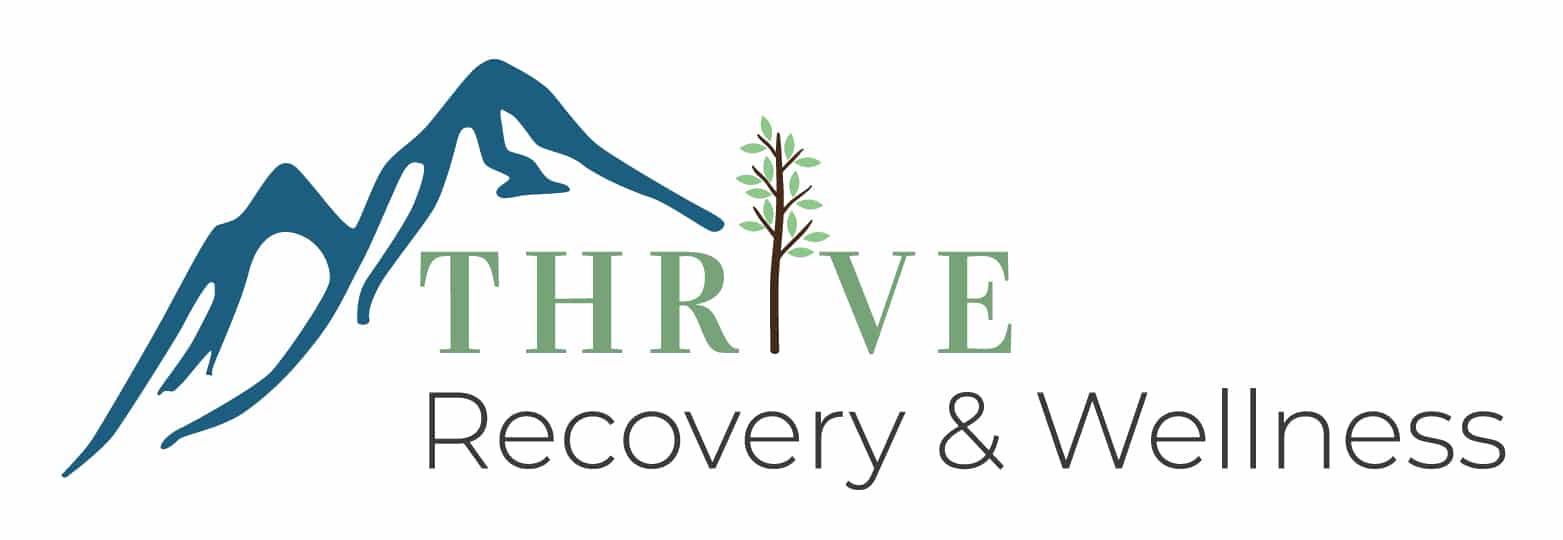What to Do When an Alcoholic Relapses
Relapsing is something many alcoholics experience, and it’s a struggle for them and those who support them as well. But there is hope and help available. Understanding what to do during a relapse can be one of the best ways for you to help someone who is dealing with an alcohol addiction, so they can get back on track. Here’s something to consider if your loved one has relapsed.
Don’t Shame Them or Get Angry
Common reactions to an alcohol relapse may include getting angry with the person, or trying to make them feel shame for what they’ve done. While these reactions are understandable, they aren’t going to be help. Instead, a big part of what to do when an alcoholic relapses is to remember they aren’t doing it on purpose. Getting angry won’t solve anything, and neither will shaming them.
Practice Self-Care
When dealing with someone who’s struggling with an alcohol relapse, it’s important to keep in mind that you need to take good care of yourself. There’s a saying that “you can’t pour from an empty cup.”
Taking care of yourself, is the one of the ways to you can help your loved one. When you take time out for self-care, and you make it one of your priorities, you’ll be more likely to provide the quality help and support your loved one needs.
Encourage Them to Seek Alcohol Addiction Treatment
Understanding what to do when an alcoholic relapses is important in helping them recover. Some of the best options for them to pursue include rehab, sober coaching, and AA support groups. Each of these treatment options will make a big difference when it comes to health and healing, but any type of quality alcohol addiction treatment can be a good choice. Ignoring the problem or trying to tackle it on your own may not work, and can make things worse.
Attend Support Groups for Families of Alcoholics
Just like someone who experiences an alcohol relapse should seek help, the family and friends of that person often need to seek support, as well. By attending a support group, you’ll get the help you need, so you can provide more encouragement to your family member.
Whether a relapsed alcoholic seeks treatment or not, family members can still benefit from support groups that give them information. These groups also help you connect with other people who are having similar experiences. Having people to talk to, and who can relate to your concerns, is often good for your mental health and well-being.
Signs an Alcoholic Has Relapsed
If you’re concerned that a loved one may have relapsed, look for signs that could point to an issue. While drinking would be one of the more obvious signs, you should also consider whether your loved one’s mood has changed, and look at issues such as whether they’re missing work, have a different friend group, or are suddenly much more secretive.
Knowing whether they’re relapsing can help you determine how to give them the best possible help, for a brighter future. If you are in need of family support for a loved one with an alcohol addiction we can help. Contact Thrive Recovery today to learn more about our family support services.



